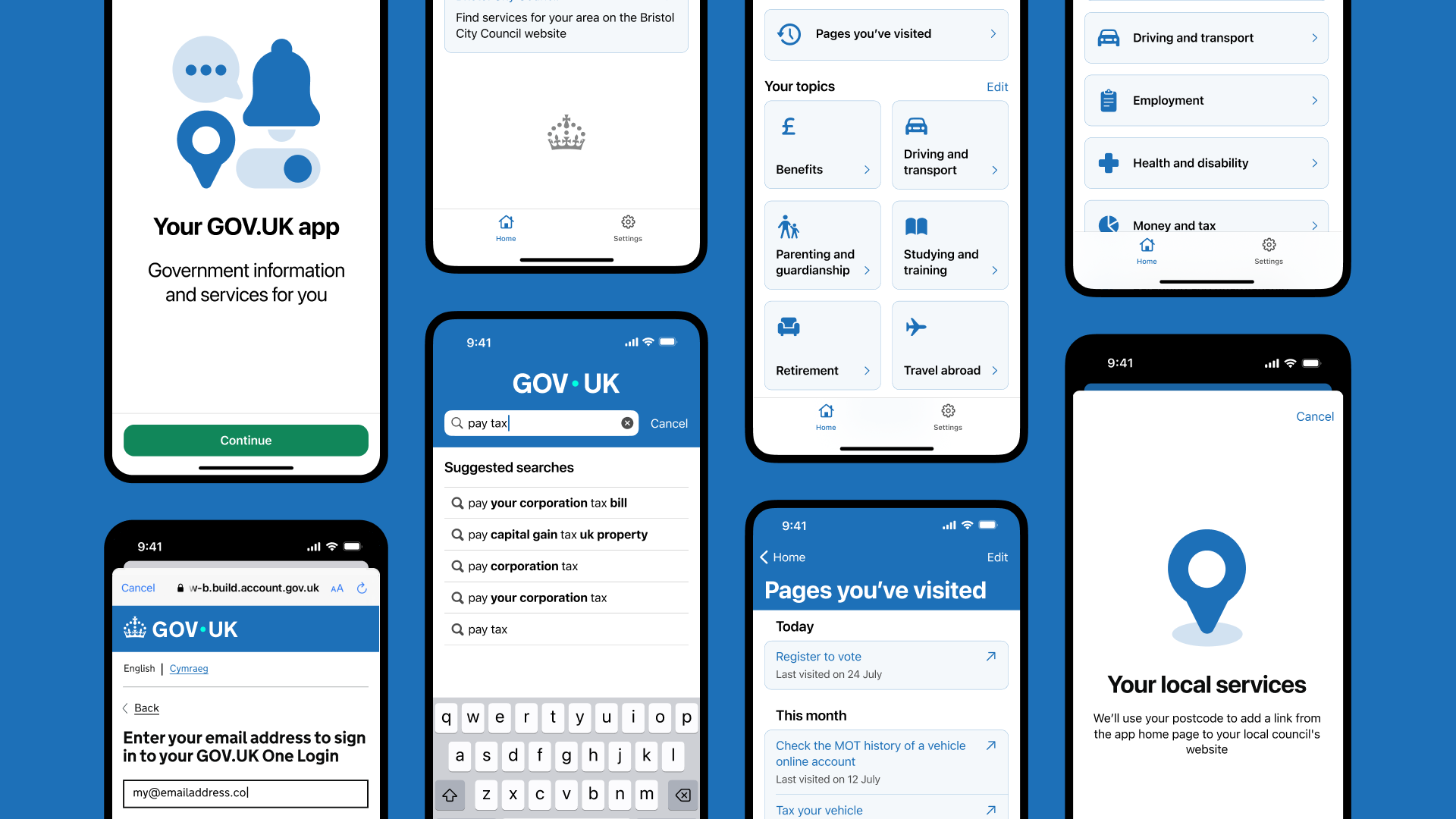Parliamentary committee flags up issues with flow of information
Credit: justgrimes/CC BY-SA 2.0
The Department for Work and Pensions must prioritise sharing data with the Scottish Government on six to 16-year-olds to enable the full rollout of the Scottish Child Payment, MPs have said.
The new benefit will provide a weekly payment of £10 to every child in Scotland in a bid to tackle child poverty. It is currently available to families with children under six and expected to be fully rolled out to all under 16s by the end of 2022.
However, the Scottish Government has previously said this is subject to data on qualifying benefits being received from the DWP.
The report from Westminster’s Scottish Affairs Committee concluded that, while intergovernmental relations on benefits were generally working well, there were still “operational issues” relating to data sharing.
It urged the two governments to work together on wider data-sharing protocols as more benefits are devolved. The report also called for the UK government to consider making the £20 weekly uplift to Universal Credit permanent.
Related content
- Regulator urges greater DWP transparency over Universal Credit data
- How automation and data-sharing enabled DWP to transform the state pension service
- DWP digital chief picks AI, data sharing, and digital identity as 2019 priorities
Currently the uplift is set to end in September 2021, which several charities have warned risks pushing thousands of children into poverty.
Committee chair Pete Wishart said: “Our committee heard how the support provided by benefits such as Universal Credit is simply not enough for families to feed themselves, and we urge the UK government to review making the £20 weekly uplift permanent.”
MPs recommended the DWP raise the work allowance for Universal Credit, end the five-week wait for payment by introducing a “starter payment” two weeks after a claim, and stop sanctioning claimants for the remainder of 2021.
The committee also suggested the two governments should develop new communication materials and guidance to increase benefit uptake among those eligible and to support Jobcentre staff to signpost claimants to their entitlements.
MPs also agreed the delay to the rollout of devolved benefits was “highly regrettable”.
The full rollout is not expected until 2025, four years behind the original plan for several benefits to be delivered by the Scottish Government. Only a year of this delay is due to the pandemic, with an initial three-year delay announced by ministers in 2019.
The UK government has said it will now consider the contents of the report.
A spokesperson said: “We are delivering on devolution and will continue to work closely with the Scottish Government as they move forward with devolved benefits. The government has already provided billions in additional welfare funding to millions of families during this pandemic and Universal Credit will play a crucial role as we build back better.”



